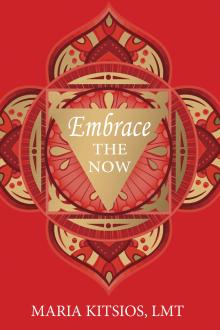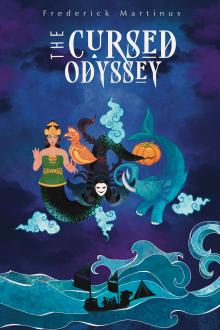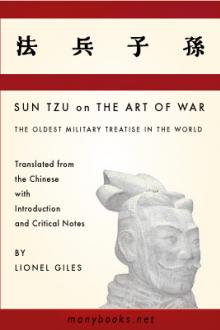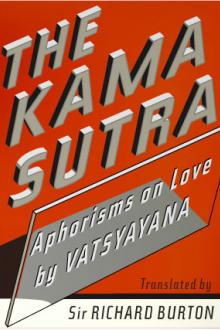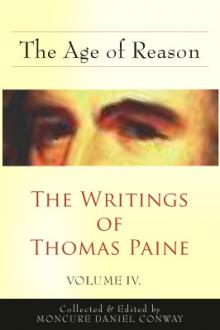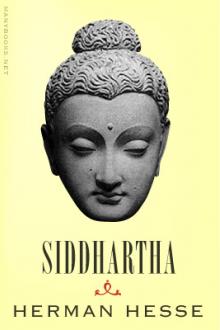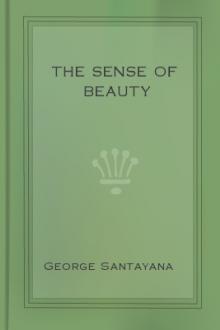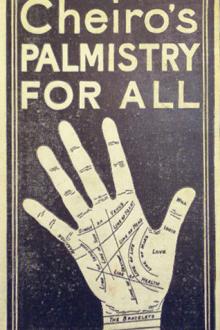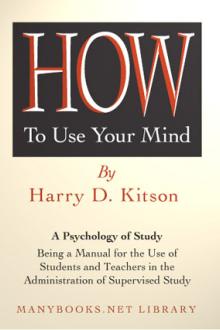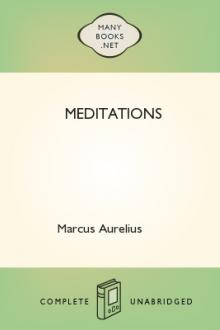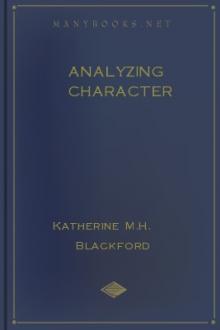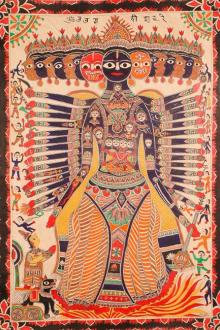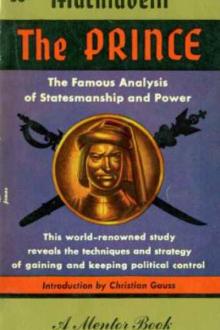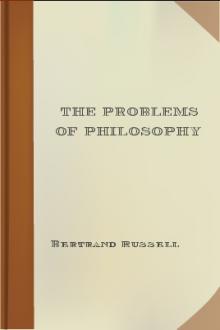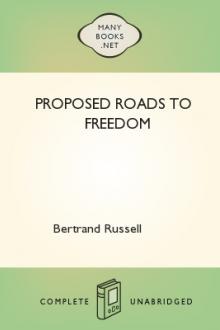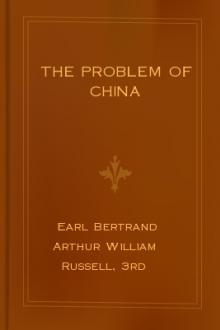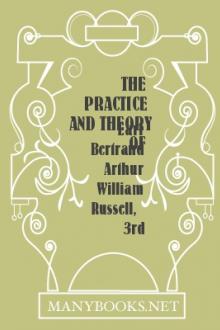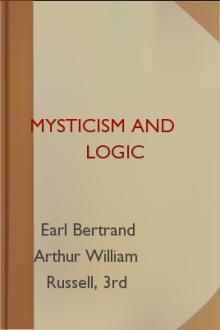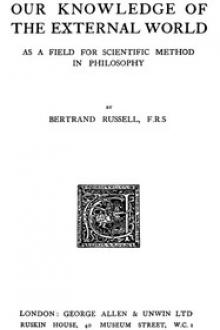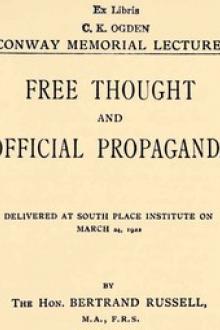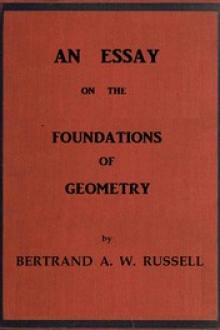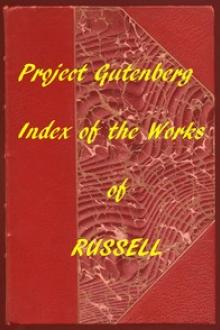The Analysis of Mind
The Analysis of Mind
This book has grown out of an attempt to harmonize two different tendencies, one in psychology, the other in physics, with both of which I find myself in sympathy, although at first sight they might seem inconsistent. On the one hand, many psychologists, especially those of the behaviourist school, tend to adopt what is essentially a materialistic position, as a matter of method if not of metaphysics. They make psychology increasingly dependent on physiology and external observation, and tend to think of matter as something much more solid and indubitable than mind. Meanwhile the physicists, especially Einstein and other exponents of the theory of relativity, have been making "matter" less and less material. Their world consists of "events," from which "matter" is derived by a logical construction. Whoever reads, for example, Professor Eddington's "Space, Time and Gravitation" (Cambridge University Press, 1920), will see that an old-fashioned materialism can receive no support from modern physics. I think that what has permanent value in the outlook of the behaviourists is the feeling that physics is the most fundamental science at present in existence. But this position cannot be called materialistic, if, as seems to be the case, physics does not assume the existence of matter.
Book Excerpt
suggestions; also to Mr. A. Wohlgemuth for much
very useful information as regards important literature. I have
also to acknowledge the help of the editor of this Library of
Philosophy, Professor Muirhead, for several suggestions by which
I have profited.
The work has been given in the form of lectures both in London and Peking, and one lecture, that on Desire, has been published in the Athenaeum.
There are a few allusions to China in this book, all of which were written before I had been in China, and are not intended to be taken by the reader as geographically accurate. I have used "China" merely as a synonym for "a distant country," when I wanted illustrations of unfamiliar things.
Peking, January 1921.
CONTENTS
I. Recent Criticisms of "Consciousness" II. Instinct and Habit III. Desire and Feeling IV. Influence of Past History on Present Occurrences in Living Organisms V. Psychological and Physical Causal Laws VI. Introspection VII. The Definition of Perception VIII.Sensati
FREE EBOOKS AND DEALS
(view all)Popular books in Philosophy, Psychology
Readers reviews
3.7
LoginSign up
This is very important book ,so i want read and understand detail.
- Upvote (0)
- Downvote (0)
A very stimulating tour de force. Russell shows his erudition and shard mind in this book.
11/12/2012
wonderful book to understand human mind and it can help to improve the living being.
usha
usha
03/05/2006
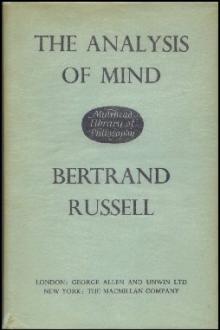
 Free Download
Free Download




